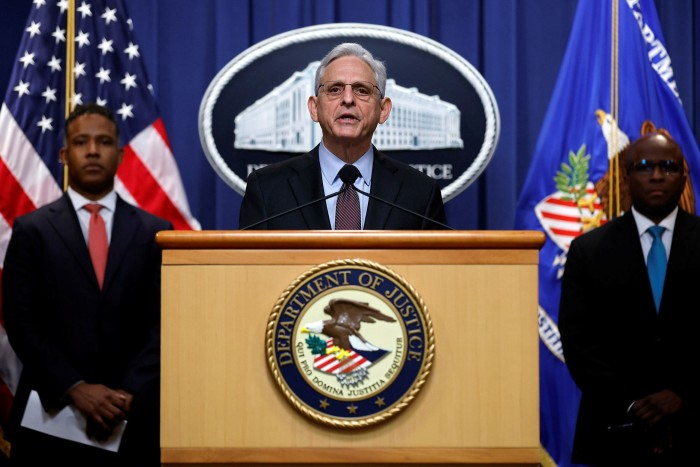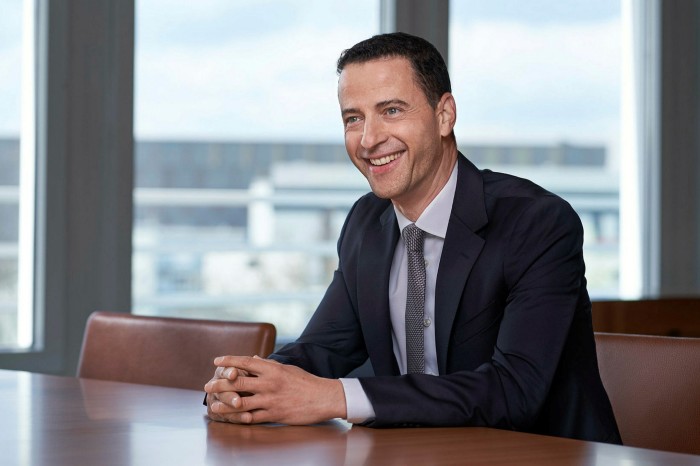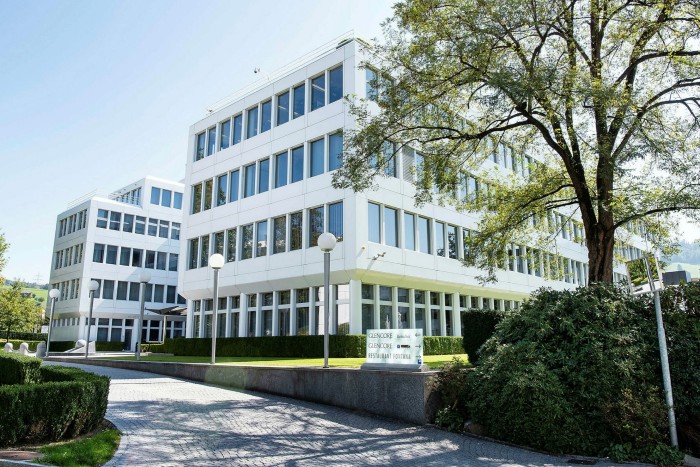The use of code names for bribes including “newspapers”, “filings” and “chocolates” might seem like the stuff of fiction — but for Glencore’s oil trading unit it was normal business practice for more than a decade, prosecutors revealed this week.
Cash payments, sham consulting agreements and inflated invoices were all used by traders at the Swiss-based mining company to bribe government officials in west Africa and Latin America in return for preferential access to oil, according to US court filings.
Glencore on Tuesday entered guilty pleas to multiple counts of bribery and market manipulation and agreed to settlements of more than $1bn, with the final total expected to be near $1.5bn. It also became the first company to receive a criminal prosecution from the UK Serious Fraud Office under section 1 of the Bribery Act for bribing another person.
The settlements are in part an attempt by new management to draw a line under investigations in the US, UK and Brazil that have hung over it for four years. Several key executives have departed or retired in that time, including three architects of Glencore’s rise who became billionaires from its success: long-serving chief executive Ivan Glasenberg, oil head Alex Beard and copper supremo Telis Mistakidis.
But the level of corruption revealed by the probes will leave a lasting stain on Glencore’s reputation. A culture of wrongdoing appears to have permeated large swaths of business, suggesting a systemic issue that will take more than apologies from Gary Nagle, the new CEO who was handpicked by Glasenberg, to erase.
“Bribery was built into the corporate culture,” Damian Williams, US attorney for the southern district of New York, said on Tuesday. “The tone from the top was clear: whatever it takes.”
The US rap sheet will make uncomfortable reading for investors, with much of the illegality undertaken with the knowledge and backing of high-ranking Glencore executives. Some occurred as recently as 2018, according to the Department of Justice, making it difficult to argue it was merely a remnant of the company’s swashbuckling past before its public listing in 2011.
Between 2007 and 2018, Glencore and its subsidiaries paid more than $52mn to intermediaries to bribe Nigerian officials in return for profits of $124mn, US court filings show. From $27mn of payments to an agent to bribe officials in Cameroon, Ivory Coast and Equatorial Guinea, Glencore secured profits more than triple of that.
The company held “cash desks” to dispense cash for bribery until 2011 in its London offices and until 2016 at Baar in Switzerland, according to the filings.
The bribery schemes extended to Latin America, with payments to officials at state-owned Petrobras of Brazil and PDVSA of Venezuela’s, according to the DoJ.
A senior Glencore executive from 1995 to 2019 who “reported directly to a high-ranking Glencore executive” and was responsible for the global sale and purchase of oil agreed to make a $14mn payment that would be used to bribe Nigerian officials, according to the DoJ filings.
The bribery extended beyond payments for oil. In the Democratic Republic of Congo, where it mines copper and cobalt, Glencore approved bribes in 2010 worth $500,000 to avoid a lawsuit from a medical services company that would have cost $16mn to settle, according to the DoJ filings.
A DRC agent asked a Glencore executive for a “reasonable amount of ammunition” after warning that “without the DRC official’s help we will be screwed big time”.
Glencore on Tuesday also entered a guilty plea for market manipulation on oil price benchmarks in a related probe by the US Commodity Futures Trading Commission. The investigation detailed similar activities to conceal payments of large amounts of cash or wiring of corrupt payments through third-party agents, named euphemistically by Glencore employees and counterparties as “advance payment”, “marketing services” or “commission”.
Glencore was found to have increased or decreased bids in an attempt to manipulate fuel oil markets in the US, which the trading giant profited from by conducting trades on cargoes and derivatives priced using those benchmarks. Its employees also provided misleading “cherry-picked” information to Platts, a pricing assessment provider, to influence the market and help it buy or sell cargoes at artificially low or high prices.
The question now is whether Glencore can revive its image. Investors have hardly stopped buying its shares, with the company trading close to all-time highs spurred on by rallying commodity prices. But many analysts still believe it trades at a discount because of its reputational issues.
There is also a question over whether law enforcement agencies will attempt to hold any former Glencore executives accountable.
The company still faces corruption investigations by Swiss and Dutch authorities and the current conclusions left untouched broader corruption accusations related to mining in the DRC.
Last year Emilio Heredia, a former Glencore trader in San Francisco, pleaded guilty to conspiracy while Anthony Stimler, a Glencore trader in Nigeria, admitted to violating the Foreign Corrupt Practices Act and money laundering. Yet no senior executive has been publicly charged.
Analysts say the investment case for Glencore has never hinged on the company being squeaky clean and that its reputation for operating in high-risk jurisdictions was well understood.
But they say criminal convictions — and installation of two compliance monitors by the DoJ for three years — will make it harder for executives to position Glencore as an ESG-compliant investment, despite talking up the company’s role in sourcing battery materials for electric cars to the likes of Tesla and General Motors.
Ben Davis, analyst at Liberum, said that “there are some pretty gory details in there and it doesn’t paint Glencore in a good light. These actions will taint the investment case going forward.”
Glencore has said it has strengthened compliance procedures in recent years and that it is “not the company it was”.
But “the new leadership team are all disciples of the previous generation”, according to Davis. “Culturally, I would be surprised if there’s that much of a sea change.”
The line may not yet be drawn under the past. Further investigations into the activity of Glencore executives, past and present, could take place.
“We take holding individuals accountable a priority,” Merrick Garland, US attorney-general, said on Tuesday. “Because this is the way to deter corporate crime.”




